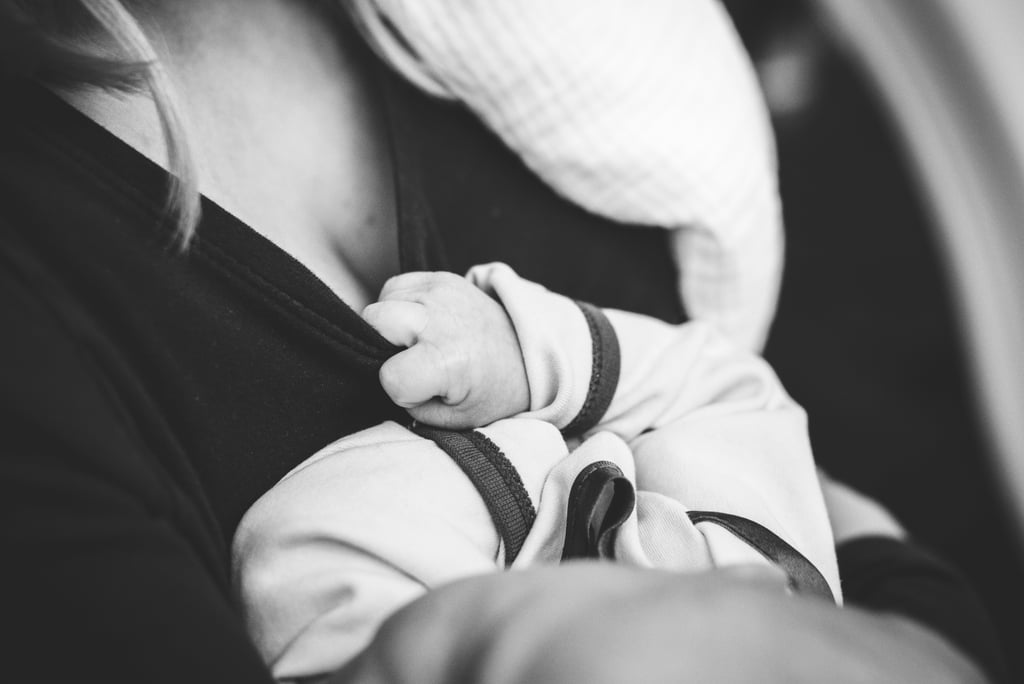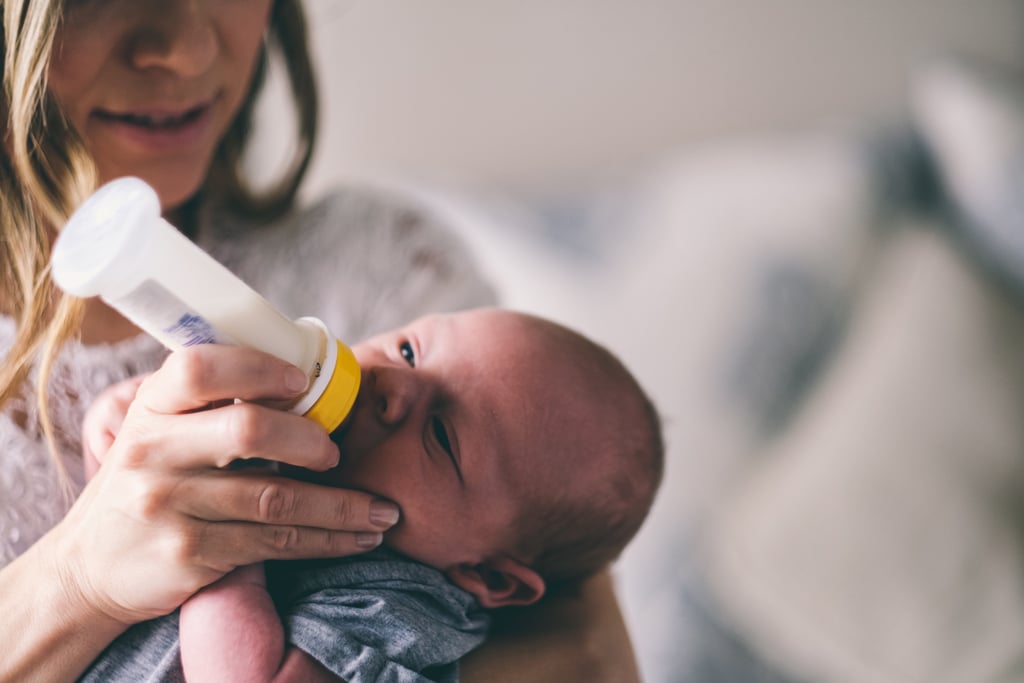Breastfeeding [1], for all its wonder and glory, is a fraught topic for mothers. Many remember receiving conflicting and often accusatory advice [2] regarding how to breastfeed their child. People become invested in motherly advice, concerned as they are with the outcome of the child, but that means that people may become passionate about the incorrect advice they are giving.
There is a lot of contradictory information in the world about breastfeeding, often revolving around excessive restrictions and standards. Many women may have been misled by other mothers or even professionals about common myths, causing them to believe fervently in incorrect statements about breastfeeding.
Ahead are five common myths about breastfeeding — debunked.
You Have to Give Up Coffee
One common misconception people have about breastfeeding is that mothers must abstain entirely from any caffeine for fear of harming the baby's sleep cycle. But the truth is, caffeine doesn't transfer to the baby that readily [4]. Only about five percent of the caffeine you consume reaches your breast milk, which means a breastfeeding mother can safely drink up to three cups of American coffee a day.
This means that tired working moms don't have to give up their morning cup when the baby's crying kept them up all night. Feel free to drink that second cup — you could probably use the energy.
You Should Be Dieting
There is a lot of pressure on moms to lose the baby weight as fast as possible, ideally within weeks of giving birth. But that weight loss shouldn't be encouraged with dieting or food restriction — you should be increasing your calorie count while your child is breastfeeding. Producing milk uses up about 500 calories a day, which means if you cut down on calories while you're breastfeeding, you're at risk of drying up your supply. That's not good for you or your baby.
Rather than dieting when you're breastfeeding, focus on eating a relatively healthy and vegetable-rich diet. Be sure you're getting enough fat and protein as well to keep your energy up. Doctors recommend consuming a minimum 1,800 calories a day while breastfeeding [5].
Your Breast Size Affects Milk Production
For some reason, people believe that larger breasts can hold more milk than smaller breasts. Breasts aren't empty receptacles waiting to be filled with liquid — they're made of fat. Milk comes from milk ducts in our breasts. All sizes of breasts are capable of producing enough milk for a breastfeeding child, and larger-breasted women don't have any advantage in the milk production department. There may be feeding difficulties associated with a various nipple or breast shapes, but how much milk your breasts can produce is not correlated to their size. Fear not, small-chested women — your breasts can do their job.
Your Baby Must Breastfeed For Every Meal
Another oft-repeated myth is that if you bottle feed your baby, she'll start rejecting your breast. That's just not true — as long as you let your baby completely master breastfeeding. When she's about a month or two old and in young baby diapers, you can introduce the bottle and watch her switch comfortably between them. If you introduce it earlier, you might find her preferring the bottle over the breast. But really, if that's the case, don't stress out. It doesn't mean you have to give up breast milk — you can always pump your milk and put it into a bottle. It just requires a little more foresight and planning.
You Can't Take Any Medication at All
One of the more unhelpful and potentially harmful pieces of advice people give to breastfeeding women is that they shouldn't take any medication at all lest it enters the breast milk. The truth is there are plenty of medications that are perfectly safe for breastfeeding women to take, including NSAIDs for pain. You can find a database of what medications are and are not safe for breastfeeding women to consume [7] online at the Toxicology Data Network.
Breastfeeding can feel like an enormous undertaking — but some of the pressure comes from misinformation. Don't feel pressured to meet impossible expectations that don't particularly benefit your baby. Research the claims people make about breastfeeding to determine fact from fiction in keeping your baby safe.






